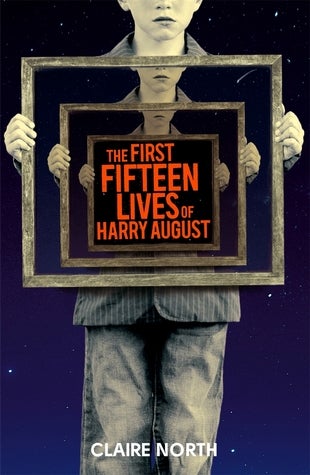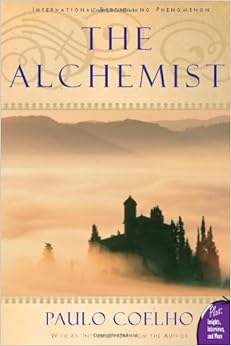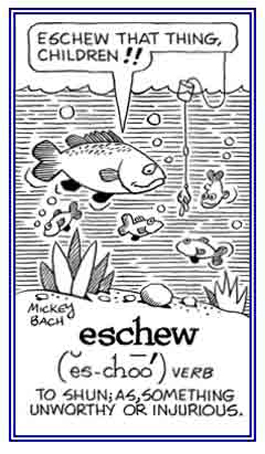Summary:
A respected white citizen of Cotton Point, Georgia, Paris Trout is a shopkeeper, a money-lender, and a murderer of blacks. And his friends, family and foes do not realize the danger they face in a man who simply will not see his own guilt.
My take: 2 looks
***SPOILERS***
A National Book Award winner, this was an easy book to read. It is nicely paced and the story flows well. The antagonist is very hate-able, and the other characters are very flawed, yet likable. Kind of.
I don't mind reading books that have a negative storyline. It doesn't bother me to read about violence, sexual situations, or bad language. If it supports and enhances the characters, I am all for it. However, I have an issue with shocking things that seem to come out of nowhere, add nothing to the story in the least, and doesn't help to fill out a character. That happened for me too often in this book. I also have a problem with lost opportunities to make readers take pause and ponder themes presented in the course of a story. That, too, happened too often.
The characters seems rich in detail, until you start to look closer. Why did Paris' mother tremble when her son was in the room? What kind of childhood did he have? Why did he take her with him at the end?
What was up with those hand-jobs of the Bonners? What was wrong with Carl's wife, that she couldn't fit into the community?
And what on earth was wrong with Hanna? Was she just so broken that she had become stoic? Was she so closed off that she saw herself helping Seagroves come to terms with his own emotions, but felt that she was too far gone for help? And what was the purpose of cutting her foot, taking those baths, and acting so vacuous?
Paris Trout, on the surface, is a story of a bigoted and psychotic man. There is really no more substance to the book than that. There is no "old south" truth here. There is no redemption in showing a culture that has grown, leaving a man behind. There was so much room for more, and Dexter didn't come through. He could have provided more of a commentary on the struggle of a bigoted Southern man coming to terms with undue hatred. He could have shown a flawed logic in elevating a man simply because he has money, but no scruples. He could have shown the emptiness of living in hate, and the richness of love and forgiveness, even though you are physically destitute. He could have compared and contrasted relationships/marriages/friendships.
Yet, he did not. He wrote a surface story of hate, justice, and revenge. I found very little to take away, otherwise.
Recommended in that this is an award-winning novel, but it won't make you think as deeply as Dexter wanted you to.



















